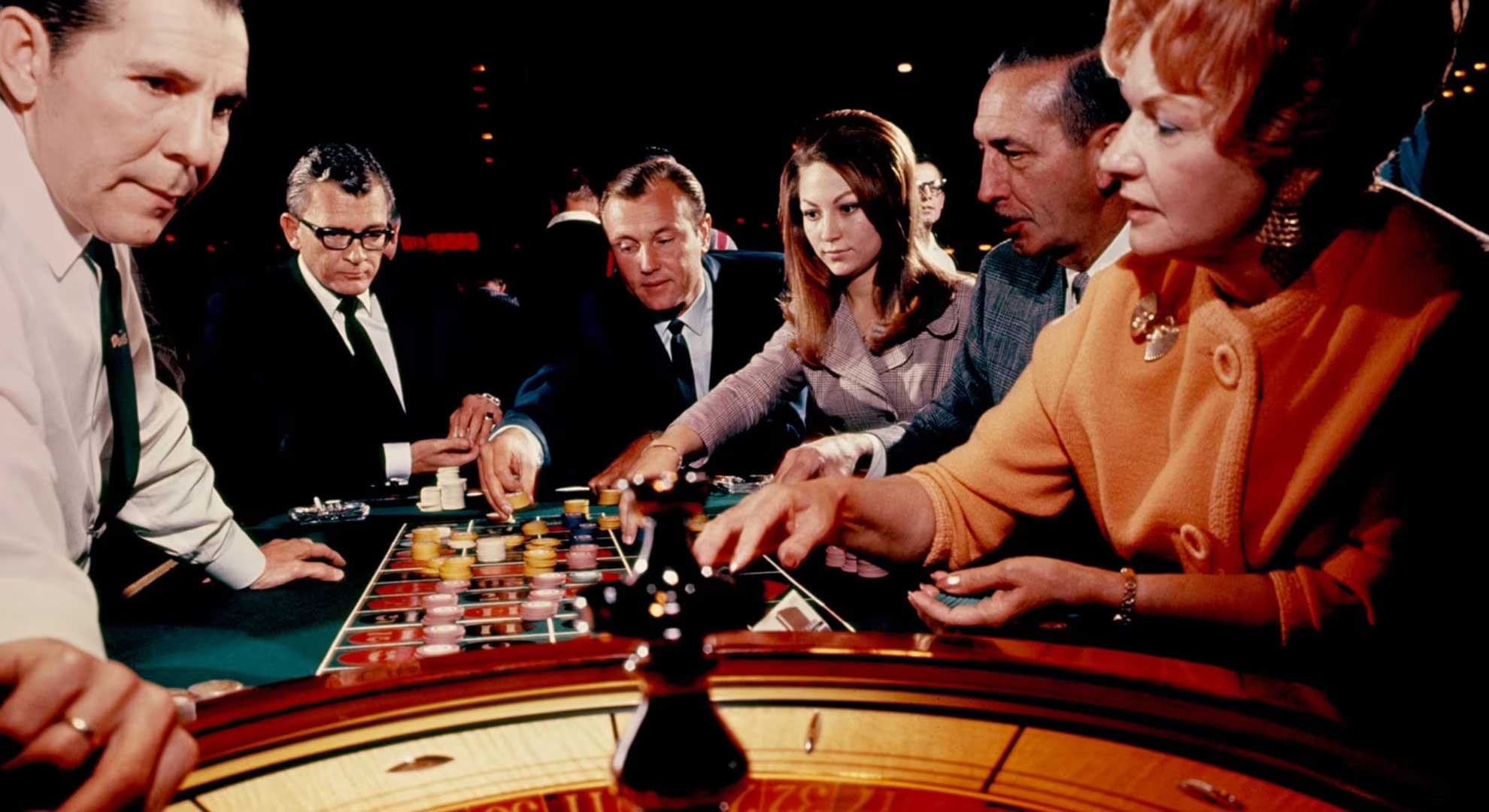Casinos and the Illusion of Control

Casinos and the Illusion of Control
Casinos, with their dazzling lights, captivating sounds, and promises of instant fortune, are designed to be exhilarating entertainment hubs. From the clinking of slot machines to the hushed tension at poker tables, the atmosphere is carefully curated to draw players in and keep them engaged. However, beneath this veneer of glamour lies a profound psychological phenomenon: the illusion of control. This concept, deeply embedded in human cognition, plays a pivotal role in how we perceive our chances of winning and shapes our overall experience in the world of gambling. Understanding this illusion is crucial for anyone stepping into a casino, whether physical or virtual, and for fostering a healthier relationship with gambling.
The illusion of control refers to the tendency for people to overestimate their ability to influence outcomes that are, in fact, random or largely determined by chance. In the context of gambling, it manifests as a belief that one's personal skill, strategy, or even superstitions can sway the odds in their favor, even when the underlying mechanics of the game are purely probabilistic. This isn't just wishful thinking; it's a deeply ingrained cognitive bias that casinos expertly leverage.
How do casinos cultivate this illusion? Their design and operational strategies are masterclasses in psychological engineering. Consider the environment: a labyrinthine layout designed to disorient, no windows or clocks to lose track of time, and a constant flow of complimentary drinks to lower inhibitions. Every element is meticulously crafted to create an immersive bubble where the outside world fades, and the focus shifts entirely to the games at hand. This environment primes the mind for a susceptibility to cognitive biases.
The very mechanics of casino games also play a significant role. Take slot machines, for instance. These popular casino games are programmed to offer "near misses"—outcomes where the reels almost align for a win. While purely random, these near misses often trigger the feeling that a win was just within reach, reinforcing the belief that with a slight adjustment or a bit more luck, the next spin could be the big one. This variable ratio reinforcement schedule is incredibly powerful, keeping players hooked as they chase that elusive jackpot. Many players also search for a wide array of gaming options, including specialized platforms like m88 sport slot, which combine the thrill of casino games with the dynamics of sports betting.
Table games, despite appearing more skill-based, also foster this illusion. In blackjack, players make choices to hit or stand, creating a sense of agency. In poker, genuine skill certainly plays a role, but the element of chance—the cards dealt—remains undeniable. Yet, players often attribute wins solely to their superior strategy and losses to "bad luck" or "poor cards," rather than acknowledging the inherent randomness. The act of rolling dice in craps, choosing numbers in roulette, or even the rituals players adopt before a spin or a deal, all contribute to this feeling of personal influence over random outcomes.
The reality, however, is starkly different. Every casino game, with the exception of certain skill-based elements in games like poker where player skill can overcome the house edge against other players, is designed with a mathematical advantage for the house, known as the "house edge." This edge ensures that, over time, the casino will always profit. The outcomes of spins, rolls, and shuffles are governed by random number generators (RNGs) or physical randomness, ensuring fairness but also ensuring that no amount of personal belief or strategy can alter the fundamental probabilities.
The psychological impact of this illusion can be profound. For many, gambling remains a harmless form of entertainment, enjoyed within set limits. But for others, the persistent belief in their ability to control the uncontrollable can lead to problematic behaviors. Chasing losses, increasing bets to "win back" money, and dedicating excessive time and money to gambling are all potential consequences when the illusion of control takes over. The euphoria of a win, often magnified by the illusion that it was due to personal prowess, can override the memory of numerous losses, further entrenching the cognitive bias.
Recognizing the illusion of control is the first step towards responsible gaming. It means understanding that gambling is a form of entertainment with inherent risks, not a reliable path to financial gain. It involves setting strict budgets and time limits, sticking to them, and being prepared to lose the money gambled. For those who find themselves struggling, resources and support systems are available to help manage gambling habits and regain control of their lives. Awareness of how casinos operate, and how our own minds can be susceptible to cognitive biases, empowers individuals to make informed decisions and maintain a healthier perspective on gaming.
In conclusion, casinos are magnificent spectacles of entertainment and commerce, built on a foundation of probabilities and human psychology. The illusion of control is not a malicious trick but rather a natural cognitive bias that casinos are expertly designed to amplify. By understanding that chance, not personal influence, dictates the vast majority of outcomes in casino games, players can approach gambling with a clearer mind, set realistic expectations, and ensure that their experiences remain within the realm of enjoyable, responsible entertainment.